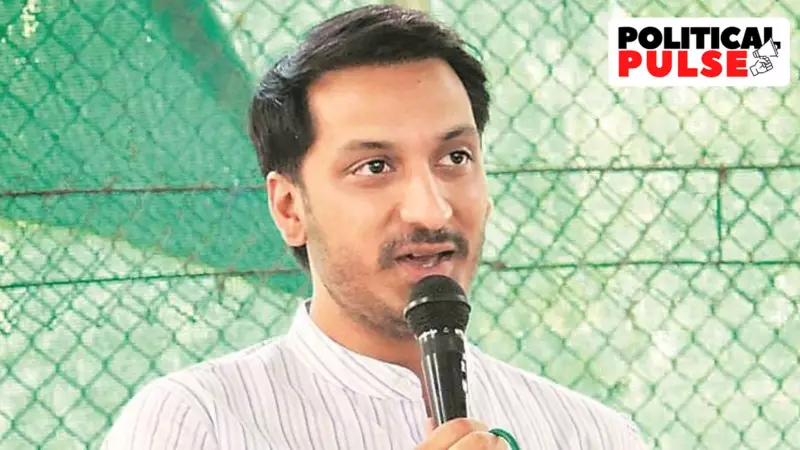
A fresh political storm has erupted in Maharashtra as Parth Pawar, son of Deputy Chief Minister Ajit Pawar, finds himself embroiled in a controversial land deal that has opposition parties demanding answers.
The Controversial Land Transaction
At the heart of the controversy lies a 1.75-acre plot in Pune's Manjari Khurd area, where documents reveal Parth Pawar purchased the land for approximately ₹5.10 crore. The transaction, dated March 22, 2023, has raised eyebrows across political circles and beyond.
What makes this deal particularly contentious? The land was originally acquired by the Maharashtra Industrial Development Corporation (MIDC) in 2018 for industrial purposes. However, in a surprising turn of events, the original landowners managed to reclaim the property through court proceedings before selling it to Pawar's company, according to available records.
Political Fallout and Reactions
The opposition has seized upon this development, with leaders from various parties calling for a thorough investigation. "This isn't just about a land deal; it's about accountability and transparency in governance," stated one opposition leader who preferred to remain anonymous.
Within the ruling Mahayuti alliance, the controversy has created visible discomfort. Sources indicate that senior leaders are carefully monitoring the situation as it develops, aware of the potential implications for the coalition government.
Historical Context and Political Journey
This isn't Parth Pawar's first encounter with political controversy. The 33-year-old political scion has experienced a rollercoaster journey in Maharashtra politics:
- Made his electoral debut in the 2019 Lok Sabha elections from Maval constituency
- Suffered defeat despite the Pawar family's considerable political influence
- Gained attention during the COVID-19 pandemic for his outspoken comments
- Faced internal party criticism for some of his public statements
The Bigger Picture: Political Implications
Political analysts suggest this controversy extends beyond a simple land transaction. "When a family member of a sitting deputy chief minister is involved in such deals, it inevitably raises questions about influence and access," noted a Mumbai-based political commentator.
The timing is particularly sensitive given Maharashtra's complex political landscape and the upcoming elections. The ruling alliance can ill afford any perception of impropriety that might alienate voters.
What Happens Next?
As investigations into the land deal proceed, all eyes are on how the Pawar family and the state government will address the growing concerns. The opposition has promised to keep the pressure on, ensuring this story remains in the political spotlight for the foreseeable future.
Meanwhile, the common citizens of Maharashtra watch closely, waiting to see how their leaders navigate this latest challenge to their credibility and transparency.






